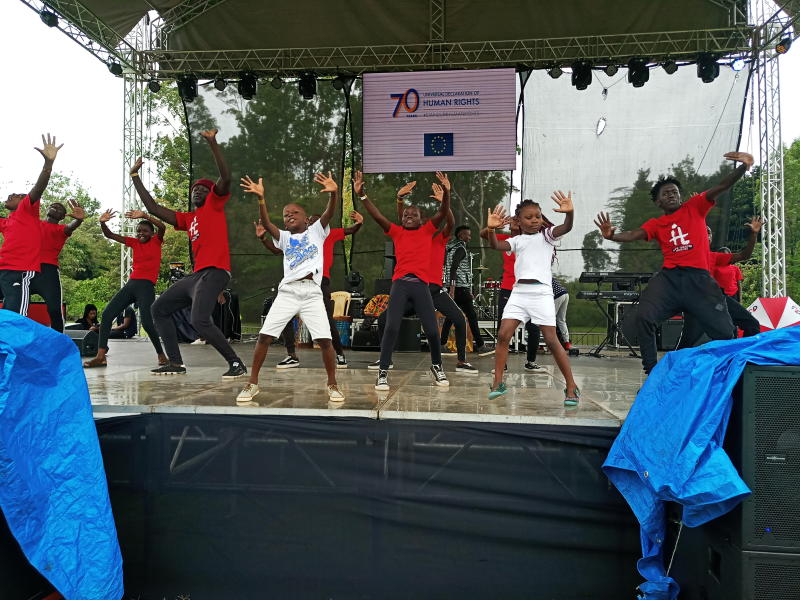
As we mark 70 years since the Universal Declaration Of Human Rights we must interrogate the state of the nation and the condition of our people in relationship to the rights and freedoms vested in the declaration. There are things to celebrate. We celebrate the right to protest and peaceful assembly. In the decades past, human rights defenders faced brutal crackdowns by the state. We celebrate the abolition of torture chambers in Kenya.
However, the right to life, liberty and security is not yet guaranteed for all citizens. We live in a country where young poor men are subjected to arbitrary arrest, detention and extra judicial killings by the police. Too many citizens lose faith in the rule of law and are afraid to question human rights violations.